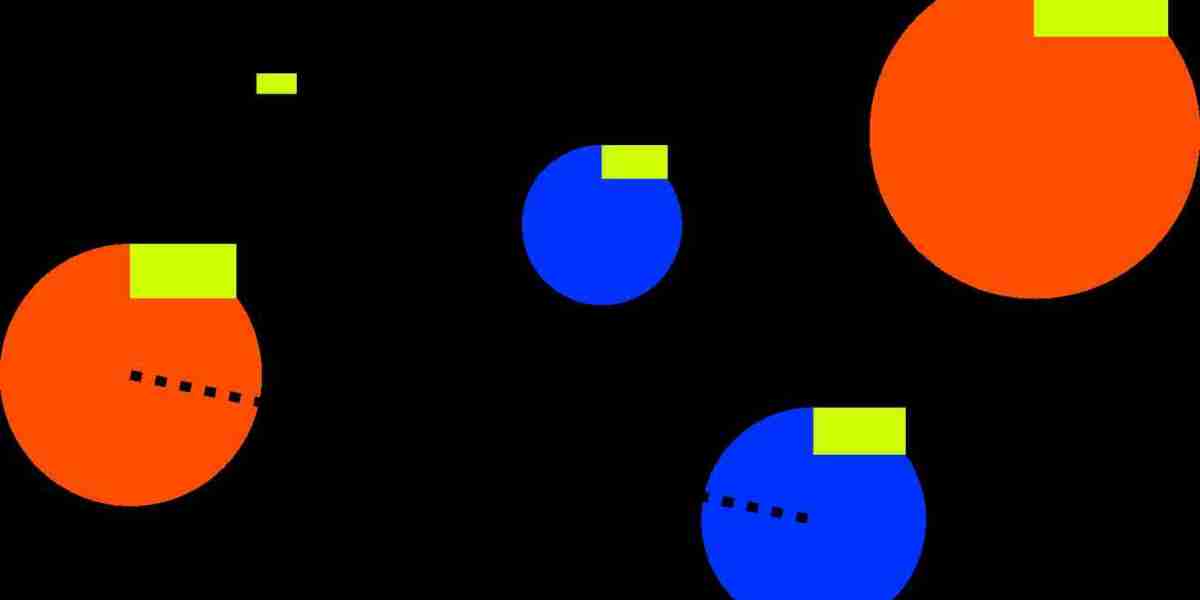Blockchain Explorer is a browser based on blockchain technology, which can provide functions such as querying, analyzing and visualizing blockchain transactions. Blockchain Explorer can query the detailed information of blockchain transactions, including transaction time, transaction address, transaction amount, etc. It can also view the real-time data of the blockchain network, such as block height and network hash rate. In addition, the blockchain browser can also provide functions such as smart contract deployment and monitoring.
There are many explorer blockchain on the market today, such as Etherscan, Blockchain.com, BitMEX, and so on. These browsers provide rich query and analysis functions to help users better understand and apply blockchain data.
In blockchain browsers, users can view detailed information about blockchain transactions, such as transaction time, transaction address, transaction amount, etc. In addition, users can view real-time data of the blockchain network, such as block height, network hash rate, and so on. These data can help users understand the operation and trend of the blockchain network.
In addition to query and analysis functions, Blockchain Browser can also provide functions such as smart contract deployment and monitoring. Users can deploy smart contracts in the blockchain browser and monitor and manage them. These smart contracts can automatically perform specific tasks on the blockchain network, such as transactions of digital assets, digital identity verification and so on.
The future development of blockchain browsers, an important part of blockchain technology, will be influenced by many factors. Here are some possible trends and challenges:
More application scenarios: with the continuous development of blockchain technology and the expansion of application scenarios, blockchain browsers will have more application scenarios. For example, in the financial field, the blockchain browser can help investors query the detailed information of financial transactions; in the logistics field, the blockchain browser can help enterprises query the transportation track and status of goods; in the medical field, the blockchain browser can help medical institutions query the medical records and drug information of patients, and so on.
Better security and privacy protection: With the continuous development of blockchain technology, security and privacy protection will become more and more important issues. Blockchain browsers need to adopt more advanced security technologies, such as encryption technology, digital signatures, etc., to protect users' transaction information and privacy.
Higher query efficiency: With the continuous growth of blockchain data, query efficiency will become an increasingly important issue. Blockchain browsers need to adopt more efficient data storage and query technology, such as distributed storage, cloud computing, etc., to improve query efficiency.
Smarter analysis and prediction functions: Blockchain browsers need to provide not only basic query functions, but also smarter analysis and prediction functions. For example, by analyzing blockchain transaction data, blockchain browsers can help users predict market trends and future prices, etc.
More open and transparent data sharing: as blockchain technology becomes more popular and applied, data sharing will become an increasingly important issue. Blockchain browsers need to adopt more open and transparent data sharing methods, for example, through API interfaces and other ways to promote data sharing and circulation.








